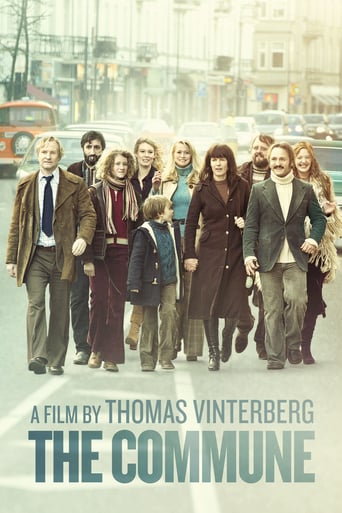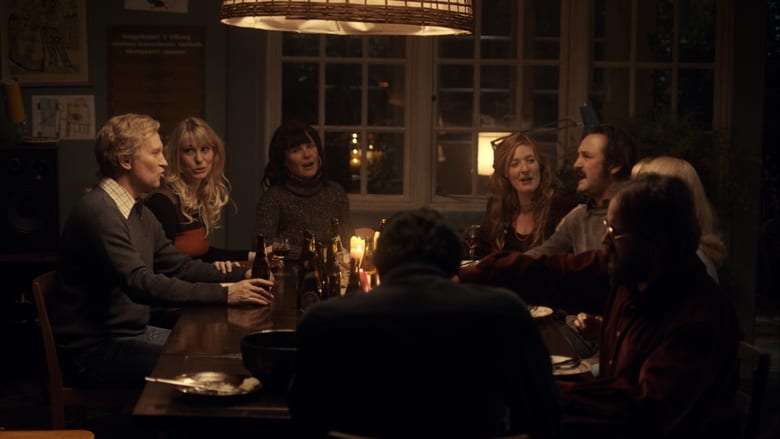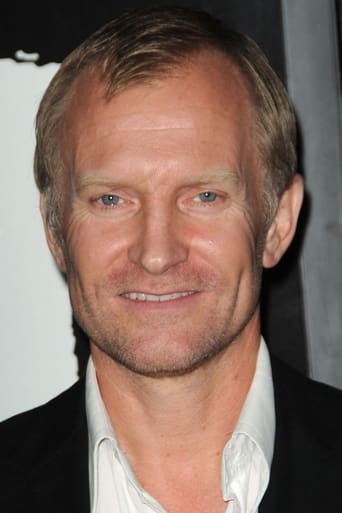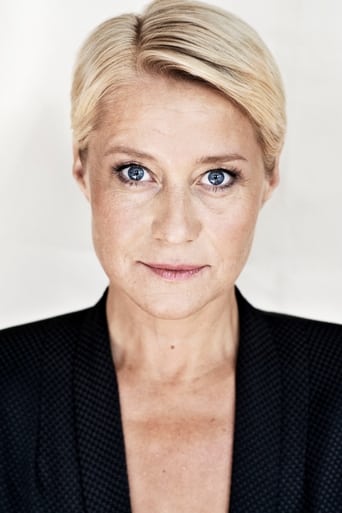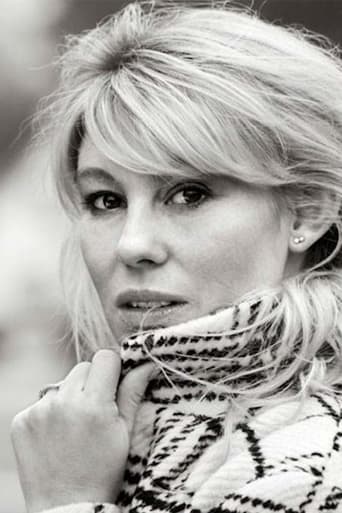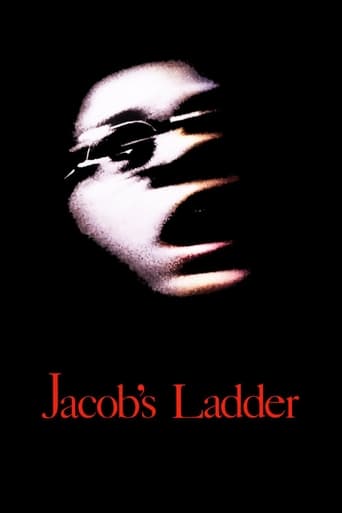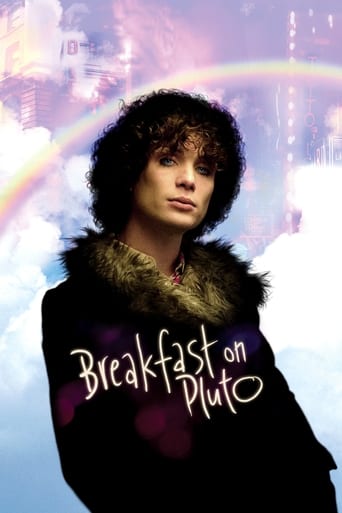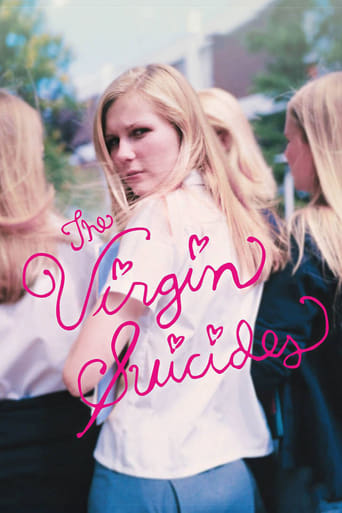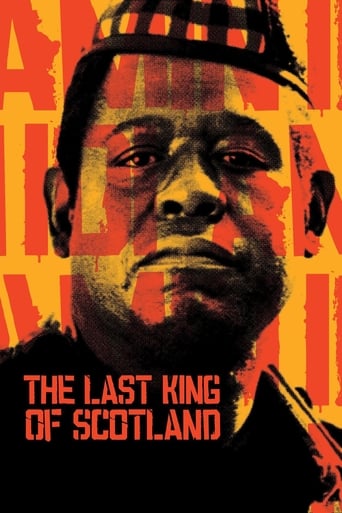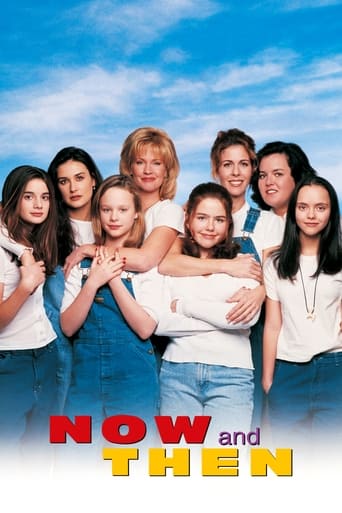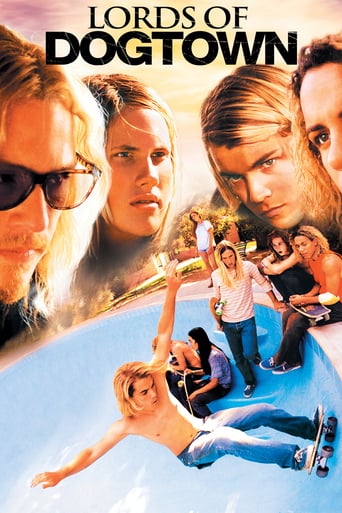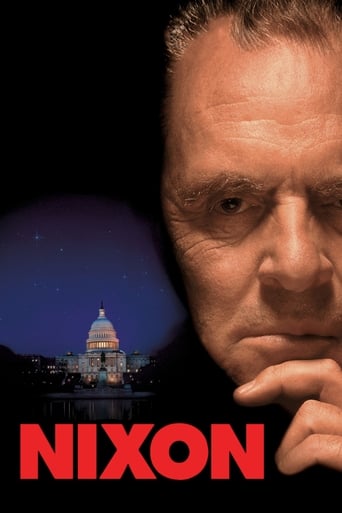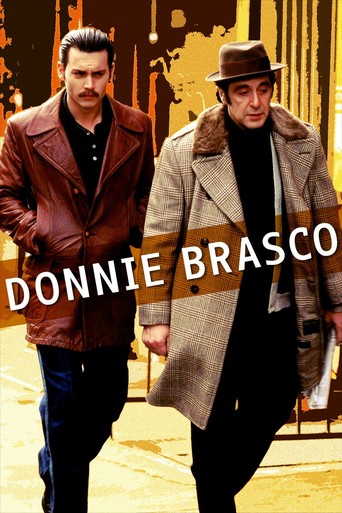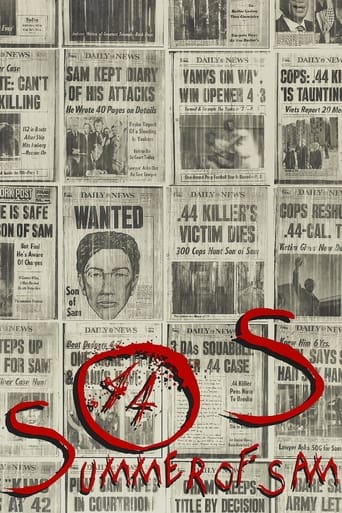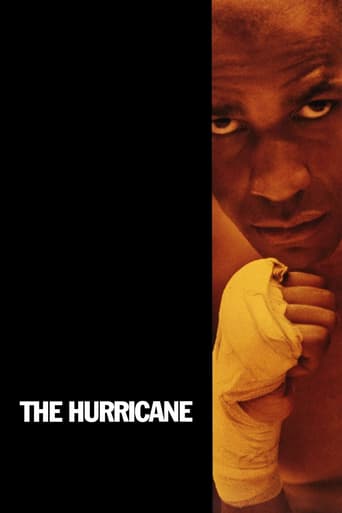The Commune (2016)
A funny and moving story of family and free love set in a freewheeling 1970s commune. When Anna and Erik inherit a huge house, they gather a motley crew of cohabitants to reinvigorate their lives, forcing them to reconcile their new values with old habits.
Watch Trailer
Cast


Similar titles
Reviews
So much average
I like movies that are aware of what they are selling... without [any] greater aspirations than to make people laugh and that's it.
If the ambition is to provide two hours of instantly forgettable, popcorn-munching escapism, it succeeds.
Good films always raise compelling questions, whether the format is fiction or documentary fact.
The film is set in 1970s Denmark, when idealists launched communes as a love-loving, open counterweight to the conflicts of and over the Vietnam war. Today the film reflects upon the challenge that human emotions and relationships bring to any theory of social planning. Though set in the 70s it's clearly about the post-commune age of today as well. However strong the spirit or idea, the flesh, the human reality, may well prove too weak to sustain it. Write in your own contemporary context. The commune spirit is personified by Anna. She has the idea of turning her husband Erik's inherited family estate into a commune so they and their teenage daughter Freja can afford to live there. Erik is an architect, a builder, though his professional career still requires him to teach. Anna is a well-known TV news presenter, an observer not a maker of news or structures. In inviting family friend Ole to join she launches the commune over her husband's concerns. Anna most visibly enjoys the spirited life in the commune. The observer's venture into building seems at first to work. But despite all that new idealism, the old male privilege persists. Erik may extravagantly deny being any "boss" and he signs over his ownership of the estate to the commune. But in the crunch he asserts his authority to admit his new mistress to the commune, at whatever pain to Anna. In her idealism Anna suggested his Emma move in, but her emotion at her loss of Erik and her sense of her own fading beside her young successor defeat her resolve. The modern sophisticated commune proves essentially tribal when its founder Anna has to move out to allow Erik's peaceful life with Emma. Men are so privileged that even the little boy with the heart condition uses his weakness ("I'm going to die before I'm nine") to hustle women. Including Emma, at first sight: "You want to shag?" His heart finally gives out when his more practical romantic chance, Freja, brings her boyfriend to dinner. In her New Age womanhood Anna tries to accept her husband's affair with the pretty third- year (i.e., really young) student. She even treats her rival warmly. But her valiant effort can't stand up to her emotional needs. She crumbles on air, then shatters the dinner table peace when she declares her own emotional needs. Erik's more violent emotional eruptions are excused but not Anna's. The temperamental male here even gets to faint! Anna is fired for her first freeze. Fired, humiliated, shattered, she luckily has her daughter's trust and confidence — which empowers her to move out of her idealized construction and take on the real world on her own. How she will fare we don't know, because the film opts for the happy ending of the commune, carrying on without her. But there's still another scene. Daughter Freja leaves the family to go to her boyfriend. He's older but rather vacuous in looks, character, wit, manner, but he accepted her sexual initiative. In the last scene she finds him lying stoned at a party so she snuggles up. He offers her headphones to join his experience and doesn't hear her "I love you." Like her mother, Freja constructs an idealized, romanticized connection and invests herself in it, to her own peril and eventual cost. Like Freja later, Emma took the sexual initiative with her professor with the delusion she's empowered by submitting to the supposedly impressive male. She comes to his office disturbed at his humiliation of her male student friend. She even puts up with the prof's arrogant dismissal of her own project proposal. She needs to plumb her own emotional experience, the up-tight unproven architect insists. Claiming to detect a more sensitive inner guy, she invites his kiss.The 1970s setting allows for another ironic presence: the swarthy Allon, a broke, jobless, helpless loner, whose testiness at the admission interview provokes Erik's anger. By crying, Allon converts the commune's rejection to admission, even though he can't pay his share and seems incapable of making any significant contribution — until he magically produces the collective's desired dishwasher! No contemporary representation of a European society could omit the refugee factor. Allon is a vulnerable outsider, anticipating the Muslim refugee issue we recognize today in fuller form.
Kollektivet (original title) or The Commune (English title), the new movie from director Thomas Vinterberg (known for Festen - The Celebration - 1998, Submarine - 2010 and Jagten - The Hunt - 2013), one of the founders of the film movement Dogme 95, which seeks to create a more realistic and less commercial cinema, deals with a family in the 70s, formed by the father Erik (played by Ulrich Thomsen, known for Festen - The Celebration - 1998 and Adams æbler - Adam's Apples - 2005), the mother Anna (represented by Trine Dyrholm, known for Festen - The Celebration - 1998 and DeUsynlige - Troubled Water - 2008) and the daughter Freja (played by Martha Hansen). Erik inherits the house of his family after the death of his father, but considering it very large and with high maintenance costs he is willing to sell it. However, his wife convinces him to turn the house into a kind of community, inviting some friends and even interviewing strangers to share the house and to help pay the bills. Living in a group, like a big family, they have dinners, parties and regular meetings so that important matters are made democratically. But the utopia around this experiment begins to be questioned when a love affair shakes the small community.Kollektivet hits to portray very well the time when the story takes place: the 70s in Copenhagen. The production design, costumes and characters's characterization, expressed by the clothes, hair and costumes, confer credibility and immerse the viewer in the plot. But the film errs for not develop enough the characters that are not part of the central plot. The director should have further explored the group in conflict scenes and the writer could have better elaborated the difficulties of social life that are inherent to a life in a community. As it was written the supporting actors add little to the story and the parallel plot of Freja's journey into adulthood opposed to the reflection of everything that happens within the community deserved to be better developed.The big highlight is the actress Trine Dyrholm, who received the Silver Bear for Best Actress at the Berlin Film Festival this year for her excellent performance. The most dramatic scenes and the strongest blows that we took in the feature film are starred by her character, Anna, a television news presenter. The actress representation convinces not only because her ability to express emotions in times of joy or in the darkest moments, but by the naturalness of interpretation, which makes the viewer forget that it's just a role play.Convivial challenges can be overcome? To what extent a community project should override the individual interests? What is more important: the individual or the collective? Life in community is possible? These are some of the questions that The Commune tries to address, but ends up doing superficially. Director Thomas Vinterberg had talent to produce a film with a final result much better than he produced.Originally posted in: https://vikingbyheart.blogspot.com.br
Don't look at the synopsis because that's not what the movie is about. Prior to the movie I didn't know what a commune was. After the movie I still didn't know, I had to look it up. I love atmospheric movies with low-key stories. The fate of the world doesn't need to be in the balance in every movie. Kollektivet is about human feelings and relationships and nothing more. A film doesn't need conflict to be interesting. It can have a compelling narrative, or can give the viewer a look at a person or situation (like a documentary). Kollektivet doesn't offer much of conflict, doesn't offer much of narrative and only offers a slight look at life within the commune. Despite that is succeeds. The natural way the conversations take place alone makes it interesting. It all feels so very real. Everything about Kollektivet feels real. Because we only see a small part of everyone's life and struggles the movie doesn't succeed in being involving the viewer emotionally. At least not at the moment. But after the credits rolled it stuck in my head nonetheless. And there's only one single reason for that: just how natural it all is. It's so natural that I could just feel myself as a part of that commune. And that's what makes this movie so special, because it's so freaking atmospheric it's scary. The fact that the setting is in a "commune" in the 70's really doesn't matter that much. It could have been set anywhere and at any time. I simply don't know why the word "commune" is used as often in the movie as it is, as if it's so important. Because, at least in Kollektivet, it's simply about multiple people living in one big house like one big family. Threating that simple fact like it's such a special thing is weird to me. People live together all over the world. Anyway, like I said: it's all about human feelings and relations here.
The scenery in the commune is all about the fuzz. Lovely to watch a scenery from a 70's. Fine performances by the whole crew of actors.First, the line of story has some really weak spots. The turnaround of Anna, she persuades Erik in not selling the house and start a commune with some friends. Erik feels overlooked ONE time by her wife at a joyful dinner party. Minutes later he has found relief in a student of his which becomes his second girlfriend. Anna openly accepts it in a awkward scene between Erik and Anna. Ulrich Thomsen is just one of the most awkward people to portrait the life of a couple. I didn't know whether to laugh or not. Why does Anna turn from being a the main fire of the whole commune-thing into a deep crisis? It doesn't make sense, from what we know.The woman is a very good looking and successful news host in television. She has a largely part of the Danish population of men to adore her. To me, that makes the story unreliable. The movie could have been a lot more interesting, if she went with the flow and found her own sexual way of dealing with her challenge. It doesn't make sense that she is the one who crashes and become the victim of her own free spirit. You could tell the exact same story in 2016-settings. So why use a 70s commune setting if you won't use and exploit the unique spirit of open sexual relationships? The Commune would have been a great pitch for a TV-show, likewise 'Arvingerne', 'Sommer' and so on. 10 episodes. Let's get deeper into the different characters, when the movie doesn't the have time. Why does Allon cry all the time? Why does Ole always burn other peoples stuff? Why does Mona lay with so many men? Why is Steffen so co-dependent? And let's see more about the development of the teen-years of Freja.Instead, the movie which is a love story between three people, it fails as a comedy in a commune in the lustful 70's.Indeed, Trine Dyrholm plays the role very authentically. I don't know if it is the luck of Thomas Vinterberg or maybe the movie would have been complete different without her going in destruction.Again, would have been a great episode in a TV-show. But fails as a movie.

